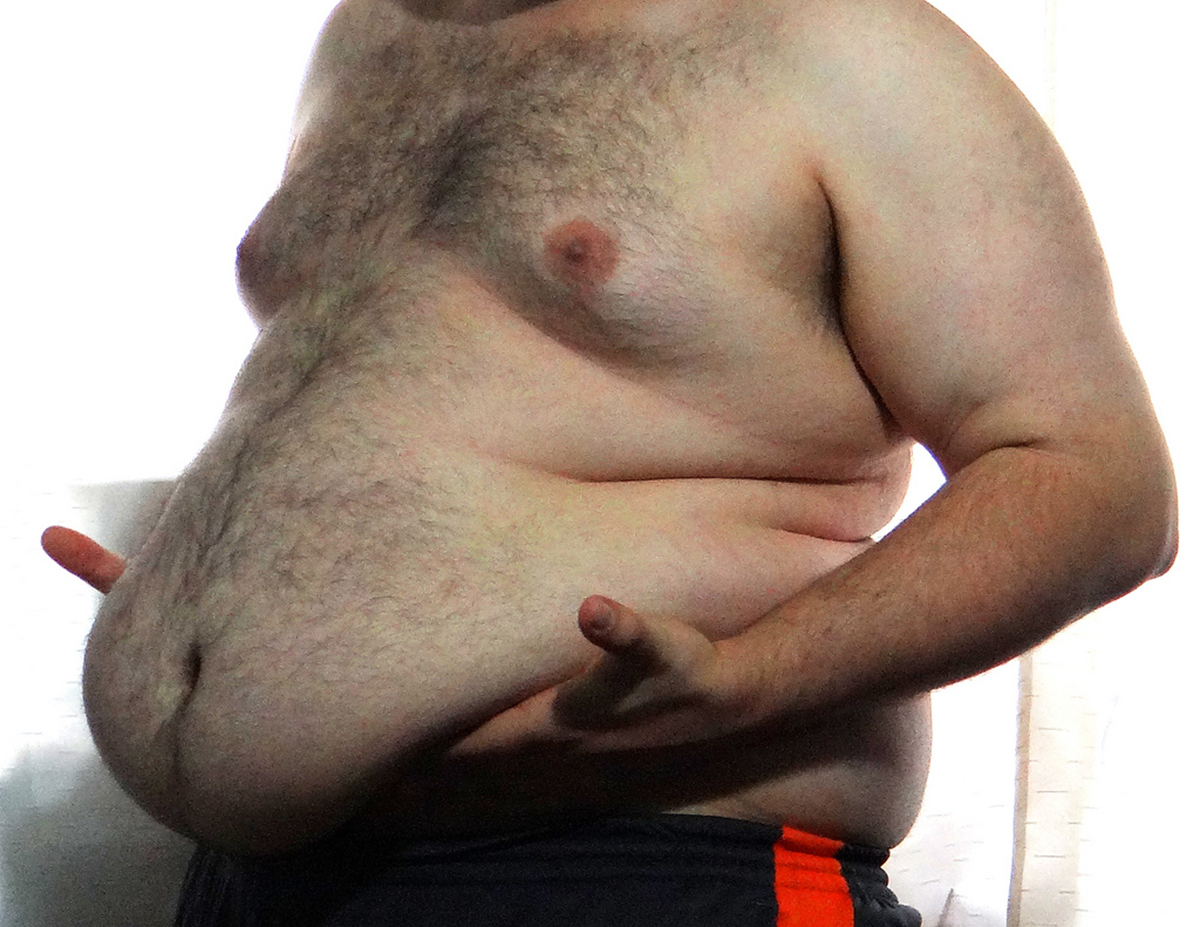If vitamin D had been invented in a laboratory, it would be promoted as a modern wonder drug. Vitamin D has an astonishing number of documented health benefits:
- Vitamin D is essential, along with calcium, magnesium, and vitamin K, for building and maintaining healthy bones. People who get enough vitamin D are also less likely to have the falls that break brittle bones.
- Vitamin D helps regulate the immune system, and also reinforces friendly bacteria in the digestive tract.
- Vitamin D deficiency is associated with muscle weakness and pain, especially in the elderly.
- Cancer, atherosclerosis, diabetes, and several autoimmune diseases all respond favorably to vitamin D, and do some forms of mental illness. Vitamin D has been found to be of benefit in conditions as diverse as hepatitis C and polycystic ovary syndrome (PCOS).

For much of the early part of the twenty-first century, it seemed that the most appropriate dosage of vitamin D would be more, more, more.
And American public health officials noticed that even in locations where vitamin D is added to food, sporadic cases of the vitamin-D deficiency disease rickets were cropping up.
What could possibly be going wrong that people weren't benefiting from vitamin D supplementation as expected? The problem turned out to be a phenomenon known as vitamin D resistance.
What Is Vitamin D Resistance?
Nutrition scientists have recognized for almost 40 years that some people just don't respond to supplemental Vitamin D, even in doses of up 120,000 IU per day, over 160 times the recommended daily allowance. In the 1970's, when the tools of molecular biology were not yet available, scientists found that resistance to high-dose vitamin D could be correlated with:
- Magnesium deficiency. People who don't get enough magnesium can't use vitamin D.
- Kidney problems. The storage form of vitamin D, vitamin D2 (also known as ergocalciferol), has to be converted to the active form of vitamin D, vitamin D3 (also known as cholecalciferol), by the kidneys. Early in the process of kidney failure, there can be vitamin D deficiency, even before other symptoms of renal disease are evident.
- Biliary cirrhosis and gallbladder problems can prevent the release of bile salts that keep vitamin D dissolved in the mass of digested food in the intestines, so it can be absorbed.
Simple Solutions For Vitamin D Deficiency Don't Always Work
If you have a magnesium deficiency, the solution is simple: Take supplemental magnesium. It's inexpensive, safe, and effective. If you have a kidney problem that interferes with the activation of vitamin D2 into vitamin D3, there's an easy fix. Take supplemental vitamin D3, which is also inexpensive, safe, and effective.
See Also: Vitamin D For Diabetes, Cancer, And Heart Disease
In some cases, however, vitamin D supplementation still does not produce the desired results. In these cases, the reason the body doesn't have enough available vitamin D even when supplements are taken is one of the most difficult of all health problems to overcome, obesity.
Obesity And Vitamin D Resistance
Vitamin D is the sun vitamin. Human skin makes it when UV rays of sunlight (the same rays that can cause skin cancer, unfortunately) irradiate the skin for at least 20 minutes. Young, thin people often can make all the vitamin D their bodies need from sun exposure to the hands and face alone. Older people tend to need "all over" exposure to the sun to make the vitamin D their bodies need.

Sunlight Not Enough for Obese People's Skin to Make Vitamin D
In one study, scientists recruited 19 healthy volunteers who had white skin and a body mass index of less than 25, that is, who were of "normal" weight, and 19 healthy volunteers who had white skin and a body mass of over 30, that is, who were obese. The scientists specifically recruited fair-skinned volunteers because white skin absorbs more sunlight and makes more vitamin D, making measurement easier. They asked their subjects to disrobe and sit under sun lamps, measuring vitamin D levels 1 hour before light exposure and every 5 hours for 25 hours. The scientists took care not to use a light that was so strong that it would burn the skin.
The lean volunteer whose body made the most vitamin D made three times as much vitamin D as the obese volunteer whose body made the least vitamin D. The volunteer whose body made the most vitamin D was the leanest of all 38 volunteers, and the volunteers whose body made the least vitamin D was the fattest of all 38 volunteers. All of the lean volunteers made more vitamin D than all of the fat volunteers.
Or at least all of the lean volunteers had more vitamin D in their bloodstreams. The scientists speculated that fat under the skin traps vitamin D so that it cannot enter general circulation. The skin probably makes the vitamin D, but the vitamin never gets into circulation so it can be used by all the other parts of the boyd that need it.
If You Are Overweight, You Probably Need A Vitamin D Supplement
If you are overweight, it's fine to get sun, but to get vitamin D, you probably need to take a supplement. (Obesity causes vitamin D deficiency, rather than the other way around.) And if you are overweight and stressed out, you may have an additional problem getting enough vitamin D.
The body makes vitamin D from cholesterol.
And if you suffer chronic stress or chronic fatigue, your body may not make, or may not be able to use, the stress hormone corticotrophin, which converts the relatively inert vitamin D2 in to the highly active vitamin D3.
See Also: Vitamin D For Diabetes, Cancer, And Heart Disease
How Much Vitamin D Is Enough?
How much vitamin D is enough? If you get enough magnesium (500 mg a day is enough if you don't eat lots of green vegetables), and you don't have gallbladder or biliary disease, you may notice improvements in your health from taking as little as 1000 IU per day. But if you have kidney disease, if you suffer chronic fatigue, or if you have liver and bile duct problems, you may need much more. It's a good idea to get a blood test from your doctor to measure your vitamin D so you will know whether your supplementation program is working. And if you can accomplish the impossible and lose excess weight, your vitamin D deficiency may take care of itself.
- K.S. Vimaleswaran et al. Causal relationship between obesity and vitamin D Status: Bi-directional Mendelian randomization analysis of multiple cohorts. PLoS Medicine. Volume 10, February 2013, p. e1001383. oi:10.1371/journal.pmed.1001383.
- Wortsman J, Matsuoka LY, Chen TC, Lu Z, Holick MF. Decreased bioavailability of vitamin D in obesity. Am J Clin Nutr. 2000 Sep. 72(3):690-3. Erratum in: Am J Clin Nutr. 2003 May
- 77(5):1342. PMID: 10966885.
- Photo courtesy of HealthGauge via Flickr: www.flickr.com/photos/healthgauge/7474848656
- Photo courtesy of FBellon via Flickr: www.flickr.com/photos/55158656@N06/11289138365


Your thoughts on this